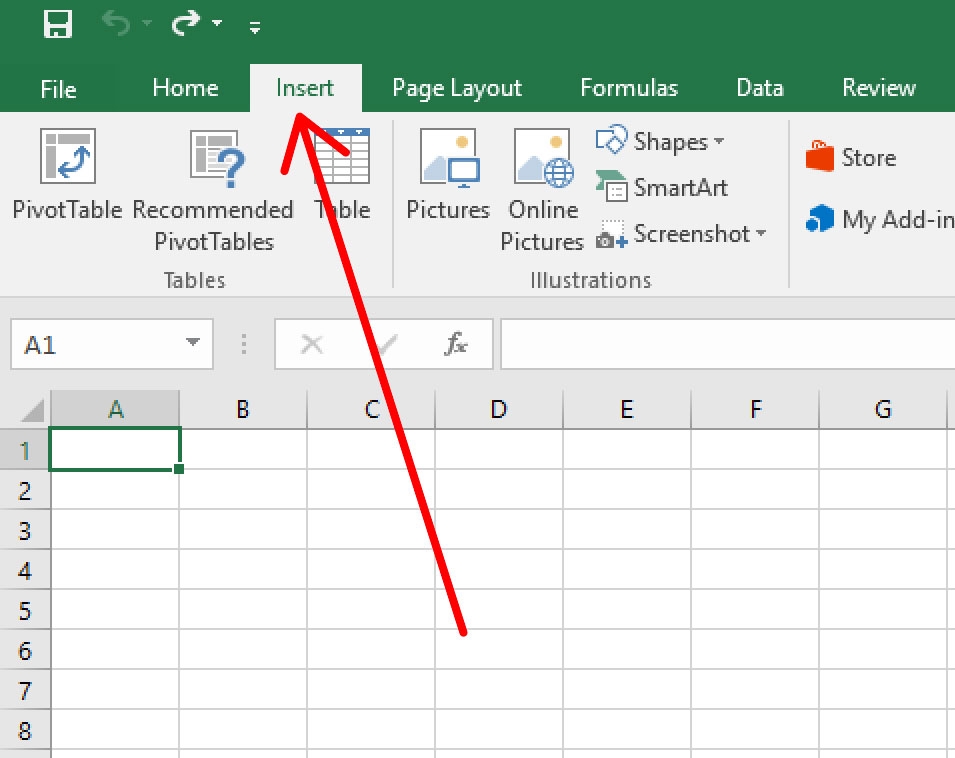5 Essential Documents for Your Tax Return Preparation

Preparing for tax season can often feel overwhelming, but with the right documentation, you can make this annual task much simpler and less stressful. Tax returns are a critical part of managing personal finance and ensuring compliance with tax laws. Having the necessary documents at hand not only helps in filing your taxes accurately but also in maximizing your returns. Here are the five essential documents you need to gather before you start your tax preparation:
The W-2 Form

Your W-2 Form is issued by your employer and summarizes the income you’ve earned and the taxes withheld from your paycheck throughout the year. It’s crucial for:
- Reporting your income accurately
- Determining federal, state, and sometimes local taxes
- Claiming credit for withheld taxes
Ensure you receive this form from every employer you worked for during the tax year, as each one will issue you a separate W-2.
1099 Forms

If you’ve earned income from sources other than wages, you’ll likely receive various 1099 Forms. Here are the most common types:
- 1099-INT for interest income
- 1099-DIV for dividends
- 1099-MISC for freelance or contract work
- 1099-K if you’ve received payments through third-party networks
- 1099-B for proceeds from stock transactions
These forms are vital as they detail all other income, which must be reported, ensuring you’re not missing out on any taxable income.
Receipts for Deductions and Credits

To reduce your taxable income or claim credits, you’ll need:
- Charitable Donation Receipts: For donations made to qualified organizations.
- Education Expenses: Tuition, fees, and other related costs (Form 1098-T).
- Medical Expenses: Receipts or statements from healthcare providers.
- Home Mortgage Interest: Form 1098 for interest payments on your home loan.
- Business Expenses: For self-employed individuals.
Organizing these receipts can significantly lower your tax liability by allowing you to claim various deductions and credits.
Investment Records

Keep track of:
- Year-End Statements from investment accounts showing gains or losses.
- Real Estate Property Records if you own rental properties.
- Stock Transactions: Dates, amounts, and costs basis for any sales.
Investment income can be complex, and having detailed records ensures accuracy when reporting capital gains or losses.
Health Insurance Documents

With the Affordable Care Act (ACA), you must prove you have health insurance. Keep:
- Form 1095-A if you got insurance through the marketplace.
- Form 1095-B or 1095-C if provided by an employer or insurance company.
These documents are essential to comply with the individual shared responsibility provision and to take advantage of any applicable subsidies or credits.
Preparation is the key to a successful tax season. Collecting all these documents not only helps in filing your returns correctly but also in identifying potential tax savings. Remember, while these are the core documents, depending on your situation, you might need additional forms or records.
📝 Note: Ensure you have copies of all forms and receipts, as the IRS might audit you for up to three years after you've filed.
By organizing your documents early, you can better assess your tax situation, take advantage of all possible deductions, and ensure your tax return is accurate and compliant with current tax laws. This organized approach will save you time and potentially reduce your tax bill.
What should I do if I don’t receive my W-2 or 1099?

+
If you haven’t received these forms by the end of February, contact your employer or the payee directly. If still unresolved, you can file your tax return and use Form 4852 as a substitute for W-2 or request a transcript from the IRS for 1099 forms.
Can I claim deductions without receipts?

+
While some standard deductions can be claimed without receipts, itemized deductions generally require documentation to support your claims. Keep records like bank statements or credit card statements to back up any deductions.
How long should I keep my tax records?

+
It’s recommended to keep tax-related records for at least three years after filing, or seven years if you’ve claimed a loss from a business activity. Some documents like records related to home purchase or improvements should be kept indefinitely.



